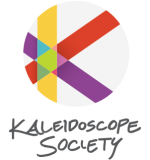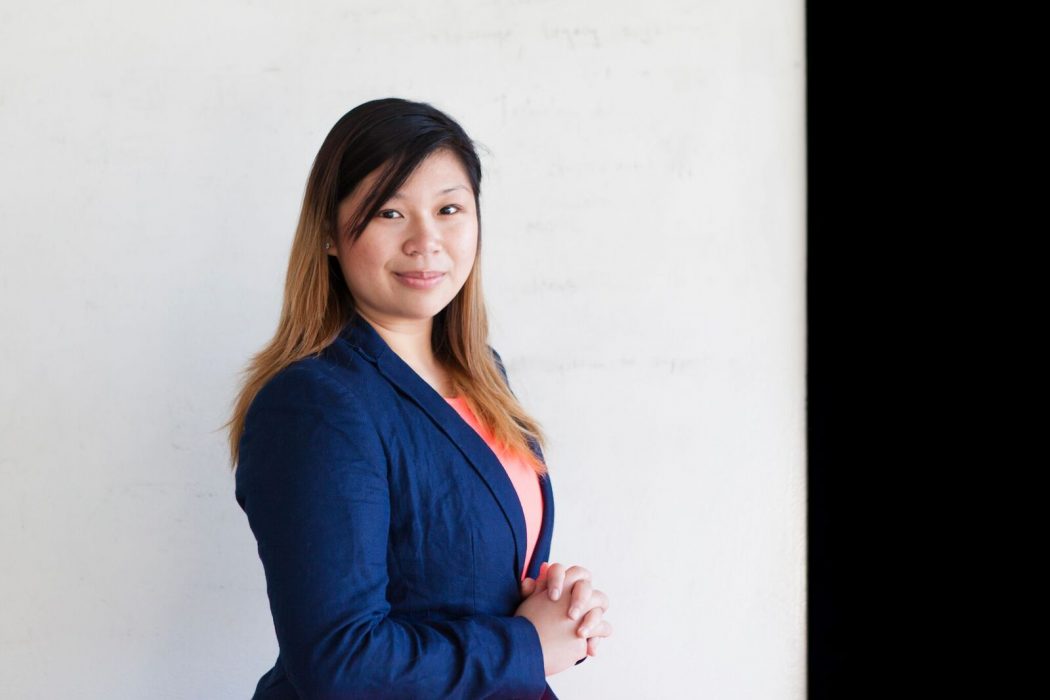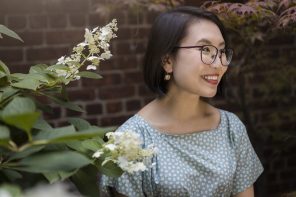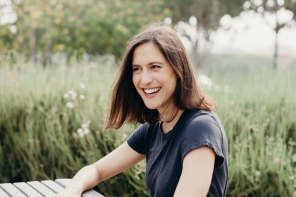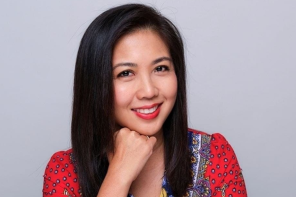Nicole is a 27 year old designer in Canberra, Australia. She is passionate about working with governmental organizations to design more human-centered services for people with disability and mental illness. Nicole is originally from Singapore where she was diagnosed with Inattentive ADHD at age 18. Her motto: “In failing to wear our shame, we deprive ourselves the opportunity of learning to wear our pride.”
You have kept your ADHD a secret in the past, what made you decide to share your story with us?
My story can be a very difficult one for me to tell as I’ve hid my ADHD from friends and family all my life due to stigma. It is also a story that includes overcoming years of childhood abuse and emotional trauma.
By the time I turned 27, I started to feel like I had developed Imposter Syndrome because I’ve told the stories of hundreds of people as a user researcher and throughout my undergraduate degree in International Relations, but never told my own.
I want to start sharing my story because I believe that many young girls and women who have ADHD, whether undiagnosed or diagnosed, are more likely to experience similar scenarios of trauma and vulnerability. I’d like to start giving back and doing my part to raise awareness for ADHD as I’ve been able to accept and learn about ADHD from the online community.
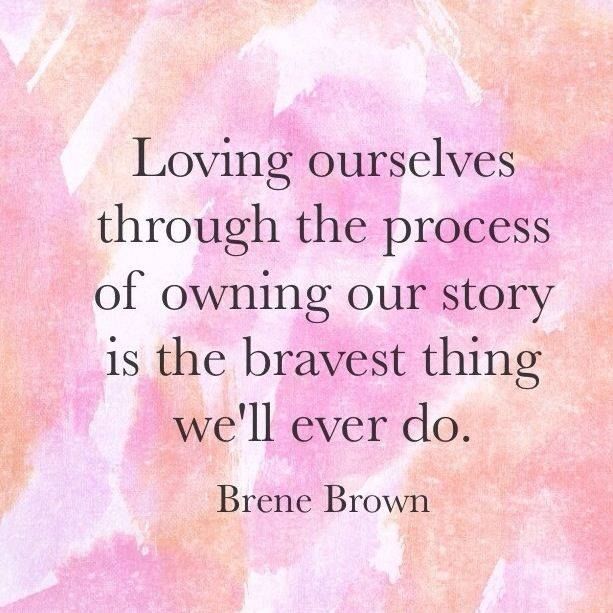
What was your childhood and adolescent years like with ADHD?
I had trouble controlling my impulsivity and would often get into many fights in school, I would say or do things that upset my classmates and teachers even though I didn’t mean to, and I was never able to concentrate in class which resulted in a constant flow of poor exam scores.
My father had a very bad temper and was prone to physical and verbal abuse from when I was as young as two years old. My behavior was always interpreted as being rebellious and ungrateful, and my father only became more aggravated toward both myself and my mother. For most of my life, I carried the shame and guilt of being labelled as ‘the problem child’ that drove a wedge between my parents and that I was responsible for all the fights they had over me. I also suffered from impulsive eating which made me overweight and I was often bullied in school and verbally abused by my father for my weight problems.
Having ADHD alongside these traumas made me grow up a lot faster. I’m also more perceptive and intuitive than most of my peers, which often made me feel like I was carrying the weight of all of humanity.
My father was diagnosed with cancer when I was only fourteen, and I had to become his caretaker while my mum was away at work. My parents had difficulties accepting his illness and sought all kinds of alternative therapy and religious/spiritual healing for him. When my father died, three years later, my mother had great difficulties coming to terms with his death and his short-comings as a husband and father. My family started working with a self-proclaimed prophet who told my mother she had allowed the ‘Spirit of the Devil’ into the lives of her children. This started an uphill battle of my family trying to break my “Spirit of Rebellion.” I was told God had a plan to resurrect my father’s dead body, which was actually a jar of ashes sitting in a marble urn on our shoe cabinet, but I would never see him again unless I was obedient. I also could no longer say, think or feel any negative words or emotions because it would attract more evil into our lives.
These beliefs prevented me from accepting and treating my ADHD diagnosis when I turned 18 which further perpetuated my sense of shame and self-rejection. One of my biggest challenges has been learning how to re-connect with my emotions after years of dissociation.
How did you learn to re-connect to your emotions?
One of the best strategies I’ve learned is to use a combination of analogous thinking techniques and personas. I call them my alter-ego superheroes.
Wonder Woman is my heart because she fights from a place of honor and courage. She fights for the weak and her strength comes from within.
Harley Quinn is my soul, she’s tough and has seen war. She’s where my resilience comes from and she is a rebellious punk with authority issues like me. I’ve learnt to accept Harley for who she is and I tap into that energy when I need it.
Yoda is my wisdom beyond my years. I have seen things many others my age haven’t. Yoda is spirit guide and gives me the self-awareness to understand my limits and how to challenge boundaries safely. He helps me practice self-love.
Visualizing my alter-ego superheroes helps distance me from an emotional or situational problem and work through it in a fun way.
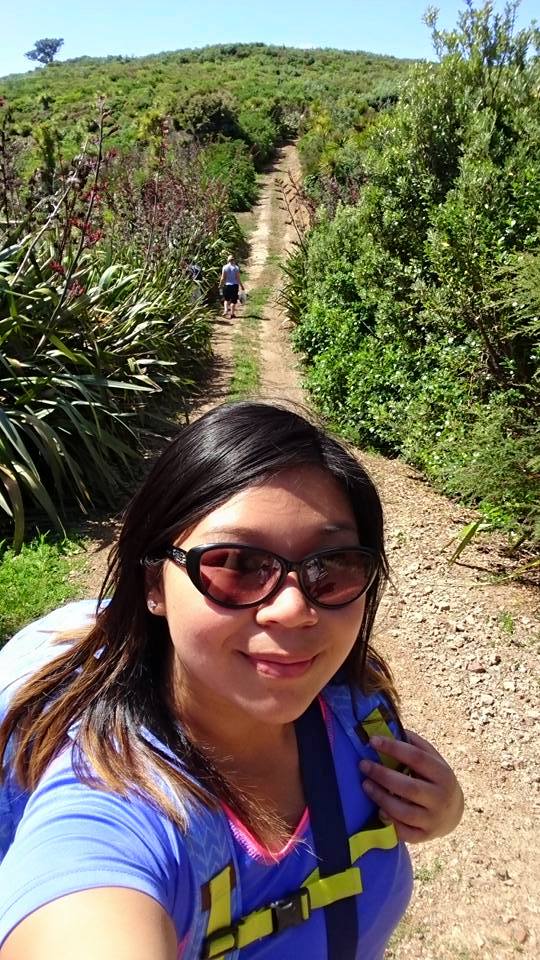
Exploring the trails in New Zealand
Are there any other strategies that have helped you manage your ADHD?
Getting my ADHD treated with stimulant medication has been one of the most useful ways of managing the day-to-day tasks with greater ease and lessen the stress and aggravation that arises from a sense of “my life is falling apart.”
I’ve also been practicing mindfulness for over a year which has helped me identify and name the different emotions that arise on a day-to-day basis. This allows me to detangle my emotions and prevent them from escalating into major outbursts.
More recently, I’ve started working with a psychologist using techniques such Schema Therapy and Acceptance and Commitment (ACT) Therapy to work through repressed emotions and to unlock some of the limiting beliefs I had developed from my childhood.
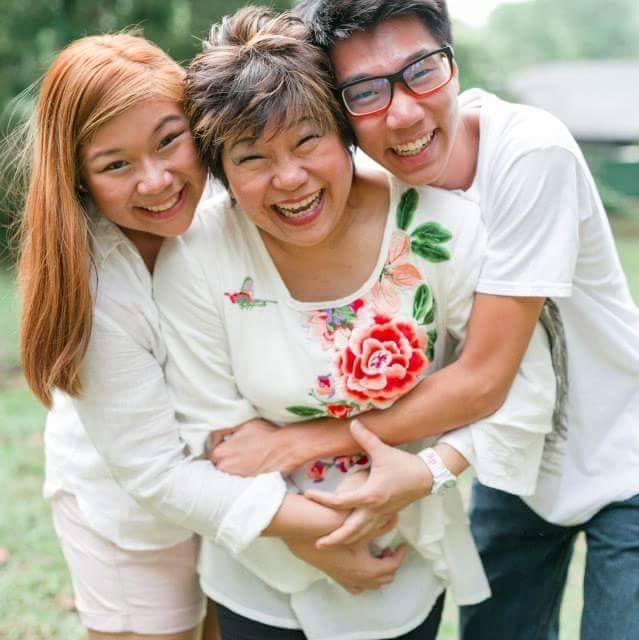
My mum and brother
Finding different ways to express my creativity is also important whether it’s painting, journaling, or singing along to tunes in the car – this was fortunately something that my mum always encouraged as I was growing up and its now really easy for me to continue doing on my own. I’ve taken a liking to pole dancing and parkour which teach me to challenge my limits and boundaries safely.
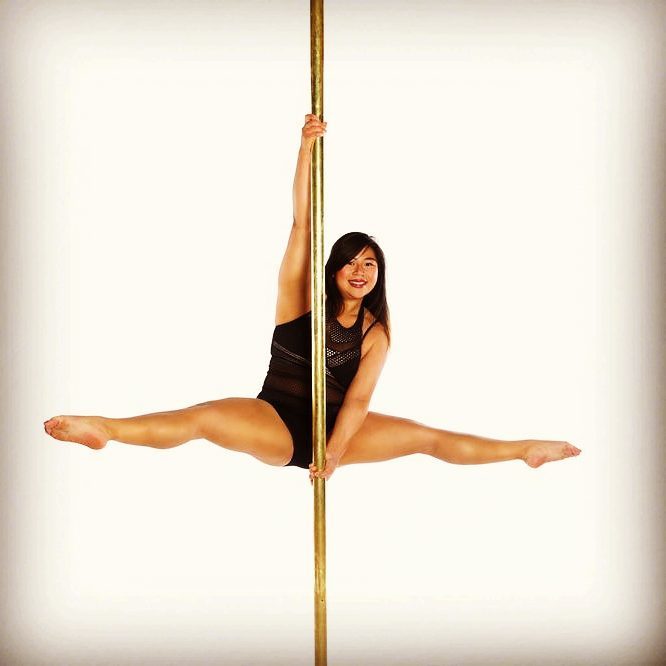
Pole dancing is an outlet for creative expression and testing my boundaries.
Can you tell us about your passion as a human-centered designer?
The work I do focuses on designing better experiences for everyday people, including people living with disability and mental illness. Working at a human-centered design company like ThinkPlace straight out of university provided a semi-structured environment and a lot of creative energy to thrive. Through my work, I’ve learnt skills like active listening, using rapid ideation and information synthesis techniques such as post-it notes and diagrams to quickly capture ideas – all of which work really well for me.
How do your ADHD superpowers help you at work?
My greatest superpower is keeping calm in the face of chaos which helps me come up with creative solutions to complex problems. My other superpower is understanding human behavior. Having Inattentive ADHD means that I’m constantly taking in information from the world around me subconsciously, and when I bring awareness to what my subconscious mind has taken in and combine that with findings from my user research, I understand what people are thinking and feeling and I am able to apply that to designing better services and products to improve their lives.
Any funny stories related to ADHD?
I once lost my phone for a week only to eventually find it inside a bag of grapes in the veggie compartment of my fridge. It took a long time to thaw out but it worked just fine after.
Have you experienced shame from undiagnosed ADHD? Can you relate with Nicole’s story? Share your comments below or connect with on Instagram @KaleidoscopeSociety.
